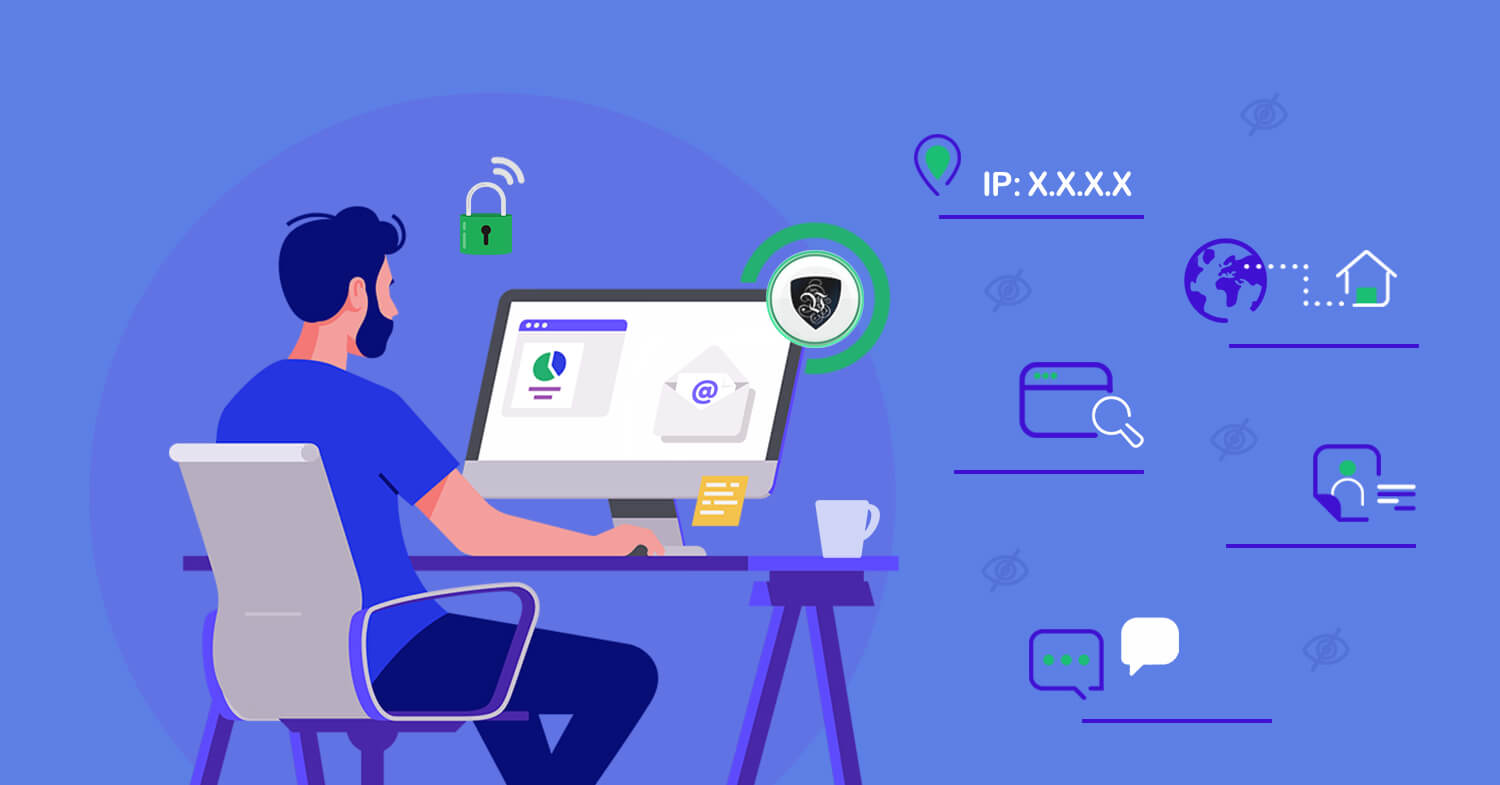The censorship of the incident that happened on October 29th in the famous Tiananmen Square demonstrates the continued commitment of China to eliminate any challenge. But how does China manages to control internet and social networks? …
The vehicle that drove into the crowd on Monday 29th and was set into fire under Mao’s portrait in Tiananmen Square disappeared in less than three hours. Only two journalists were able to take picture snaps to show “before and after”. The evening news on CCTV, the state television, did not even address the event.
Determined to let no information spread out, since 2012, China has tightened censorship by adopting new tools. The press is censored upstream, with daily guidance sent, but also downstream if published content seems too critical towards the Chinese authorities. Television is also controlled with “false direct broadcast” presented as true. For internet and social networks, specific monitoring tools have been developed.
According to Benjamin Ismail, Head of Asia Reporters Without Borders: “The deterrent message is sent to media professionals, bloggers and dissidents, which spreads fear and promotes self-censorship. The authorities are trying to be very reactive after publication. If content is removed quickly, it may disappear: the control is further strengthened since December 2012 with the passing of new measures which require users to provide their true identity to their ISP.
It’s a real cat and mouse game, with the emergence of new networks, such as Weibo , the equivalent of Twitter, which has already registered more than its U.S. counterpart , or recently WeChat a Service that allows exchange of audio or video messages almost instantaneously, which complicate the controls.
The authorities have set up an army of hackers, with the 50 cents nickname. Those anonymous Internet writers are hired by the government or the Chinese Communist Party and write pro-regime comments in exchange for a whopping 50 cents a comment. The official press announced that the surveillance and Internet censorship occupy today two million people in the country.
The authorities have stepped up their pressure since 2008, just after the Olympic Games and was still hardened in spring 2011 with calls for ” jasmine rallies “, which condemned on the Internet anonymously government actions echoing the Arab Upspring. In 2013, surveillance and repression are growing at such a pace that it is difficult to follow, the aim being to quell any emerging protest: mobilizing civil society against corruption, ethnic minorities who need to be recognized and mine workers who criticize their working conditions.
China censorship has reached a peaked level. The loosen Internet controls in Shanghai, where many expatriates live, is a misleading sign.
To avoid any censorship on the Internet, use a VPN services that allow you to choose your country connection. Whether you live in China or elsewhere, you can choose to set your connection in one of 100+ countries where access is not restricted. You can then access the sites of your choice with full anonymity, without incurring the censure or heavy reprisals from any censorship. Choose today Le VPN and enjoy its new Le VPN Premium for safe surfing.
SUMMER SALE
First 3 years for $2.22/mo
NO LOGS
100+ LOCATIONS
P2P ALLOWED
Easy To Use
30-Day Money Back
Friendly Support
Bitcoin Accepted
Ultra High Speeds




